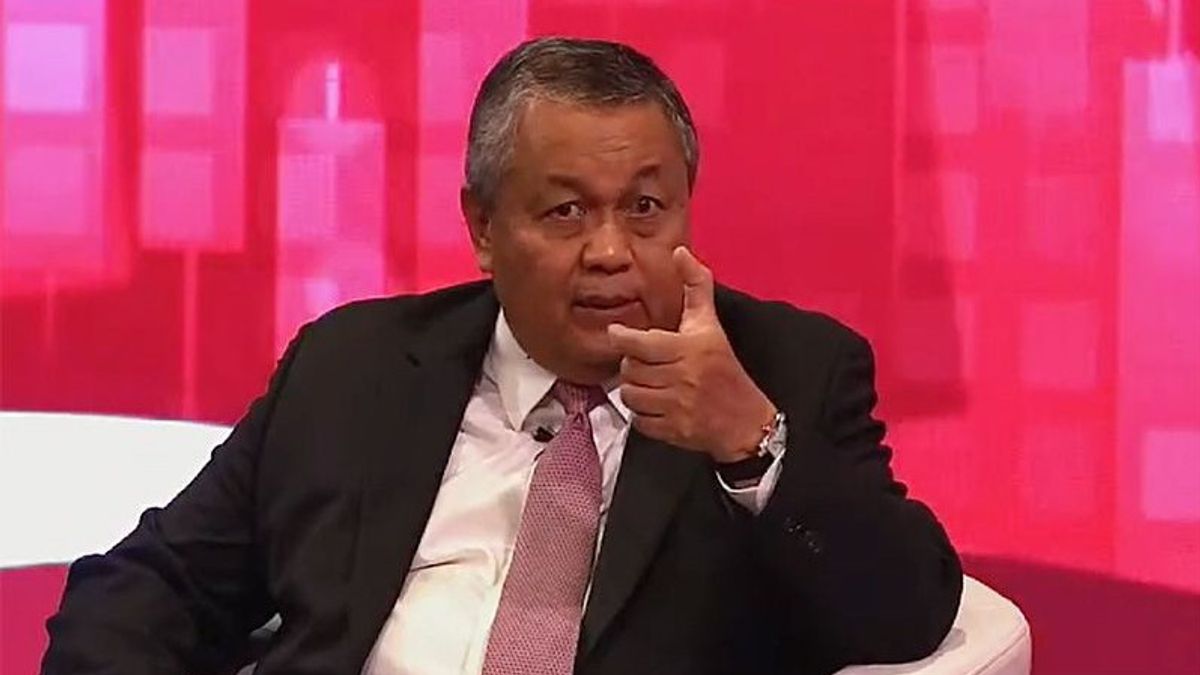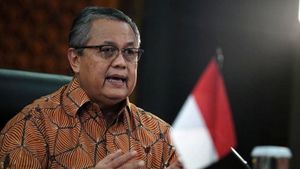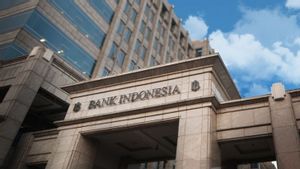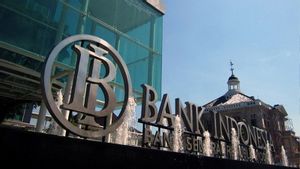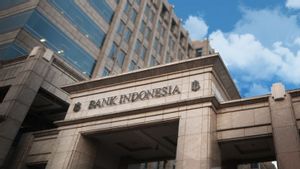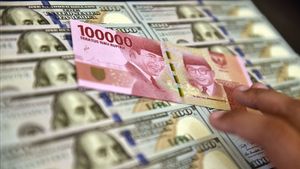JAKARTA - Bank Indonesia (BI) estimates that the world economy in the next two years will potentially slow down.
BI Governor Perry Warjiyo revealed, in the next two years there will still be some dynamics of global change such as the divergence of sources of growth between countries will still widen, in 2025 it will only narrow and in 2026 it will be stable.
"In 2024, there is uncertainty, the Golbal economy tends to slow down. It is starting to narrow down in 2025, but only stable in 2026," Perry explained at a press conference, Thursday, October 19.
According to Perry, the current economic condition of the United States (US) in 2023 will still grow, supported by domestic-oriented household consumption and service sectors even though in 2024 it has the potential to slow down again.
Meanwhile, China will show an economic slowdown in 2023 which is influenced by weakening consumption and decreasing performance in the property sector and showing the potential for further slowdown in 2024.
Perry admitted that there are still many challenges that will be faced by the global, such as increasing geopolitical tensions, thus encouraging energy and food prices to increase and resulting in high global inflation.
"Increasing geopolitical conflicts encourages energy prices and food prices, so that world inflation remains high," explained Perry.
Selanjutnya berasal dari suku bunga di negara maju termasuk Amerika Serikat Fed Funds Rate (FFR) yang diperkirakan masih akan higher for longer hingga awal tahun 2024, Perry memperkirakan kemungkinan sekitar 40 persen FFR akan naik pada Desember.
"But even though it goes up or not, it will still be high, especially in the first half of next year. It will only start to fall in the second half of next year, the FTR," said Perry.
اقرأ أيضا:
Another factor, he said, comes from global dynamics related to the implications of rising US treasury yield interest rates. This has an impact on the capital flow of emerging market countries.
"The flow of capital from emerging markets, which began to stabilize at the time of the day, has even begun to enter Indonesia and the emerging market country has returned to cash is the king. Many then moved to developed countries and also strengthened the US dollar," said Perry.
Perry suggested that with increasing geopolitical tensions and economic uncertainty, the whole world needs to strengthen policy responses to mitigate the negative impact of the global ban on domestic economic resilience in Emerging Market Economics (EMEs) countries, including Indonesia.
The English, Chinese, Japanese, Arabic, and French versions are automatically generated by the AI. So there may still be inaccuracies in translating, please always see Indonesian as our main language. (system supported by DigitalSiber.id)
